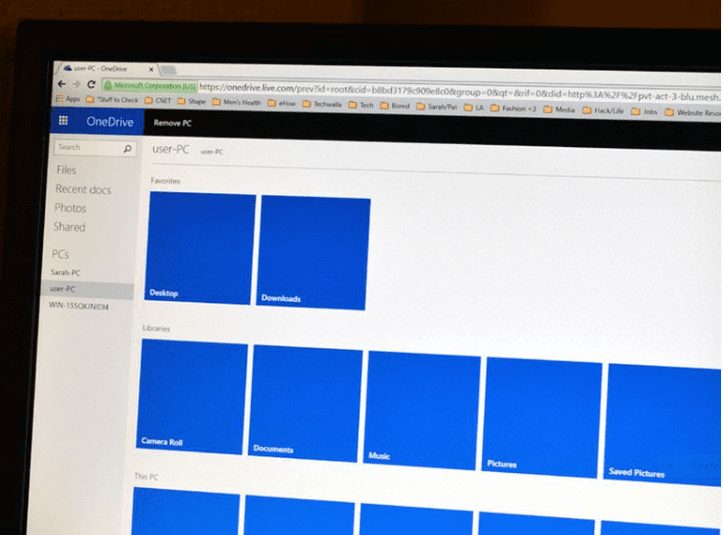Anyone, at any level, who aims to make an impact, buck the status quo, and define his or her industry can take a page from Fast Company cofounder Bill Taylor’s book. He addressed top-level IT professionals in his recent Microsoft Virtual North America CIO Summit keynote speech, but his advice is relevant to professionals across sectors. Like a true sage, Taylor asked attendees to consider a variety of questions and seek the answers within themselves to reach greatness. These three questions offer a roadmap for those looking to raise their game to the next level.
Instead of focusing on being the best player, how can you redefine the game you’re playing?
Changing the nature of the competition is a great way to get ahead. By “embracing one-of-a-kind ideas in a world filled with me-too copycat thinking,” innovators come out on top. “The job today is not to be the best at what lots of other people already do. It’s to be the only one who does what you do,” asserted Taylor. One example is Umpqua Bank, a regional institution that was smaller than small—just six branches—until Ray Davis took the helm in 1994. Now boasting nearly 400 locations, Umpqua is Oregon’s largest bank, and this change was driven in large part by a focus on culture: the tellers also act as baristas, each transaction concludes with a piece of chocolate, and the branches become community centers after business hours. Umpqua is winning because it dares to redefine a bank as a regional resource.
Changing the nature of the competition is a great way to get ahead. By "embracing one-of-a-kind ideas in a world filled with me-too copycat thinking."
What single sentence will describe you?
Taylor stressed the importance of simplification for both individuals and corporate entities. Inspired by the story of Clare Boothe Luce—who told President Kennedy that “a great man is one sentence” before she asked him what sentence would describe his presidency—Taylor stressed the importance of this kind of simplification for both individuals and corporate entities. This reductionist method forces leaders, companies, or job seekers to zero in on their goals, minus buzzwords and jargon. Once you know how you want to be described, you can make changes to bring that fantasy into reality.
It doesn’t matter what keeps you up at night. What gets you up in the morning?
Taylor was emphatic that success is rooted in caring more than anyone else, whether it’s about your customers, your colleagues, or the way your organization conducts itself in the marketplace. It’s up to companies to provide their employees and their leaders with this motivation.
One exemplar is USAA, the financial services company for active and retired military. Taylor said new employees are immersed in the world of their customers on day one, engaging in a deployment simulation (to develop empathy while learning about the financial issues service people face), eating MREs at training instead of a catered lunch, even volunteering to go through the brutal first day of basic training. USAA takes work that might seem passionless (such as selling renter’s insurance) and gives staff a reason to believe this work is valuable and necessary and important. This directly translates to better customer service and, of course, more revenue.
Taylor summarized his thesis with contributions from two unusual thought leaders: cognitive-psychology pioneer Jerome Bruner and acerbic comedian George Carlin. Bruner once wrote that learning (or as Taylor extrapolated, innovation) “is, most often, figuring out how to use what you already know in order to go beyond what you currently think.” Carlin famously cracked wise about “vuja de”—“the strange feeling that somehow none of this has ever happened before.” Taylor believes fostering this feeling is a way to inspire Bruner-style breakthroughs.
The questions Taylor poses are a few ways to intentionally make the familiar feel unfamiliar, to look at your profession or your career or your industry as you’ve never seen it before. The answers may be surprising.
Continued Reading

January 7, 2016
Use OneDrive to fetch files not saved in your OneDrive folder
You're no longer tied to the OneDrive folder -- […]
LEARN MOREOffice365

January 8, 2016
Beer and Tech Collide: It’s All Science
Image: SteadyServ Technologies Beer and Tech Collide: It’s All Science […]
LEARN MORENews and Events


